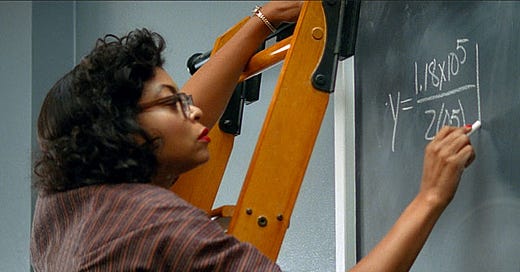Joe's Top 20 of 2016
With the bevy of celebrity deaths and a toxic political environment in 2016, many of us have called for a merciful end to the year. At the theaters, many people would agree with that sentiment, with big-budget blockbusters like “Ghostbusters,” “Independence Day: Resurgence,” and “Batman v Superman: Dawn of Justice” sputtering creatively, financially, or both.
But the year has yielded more than its fair share of good cinema. There might not have been an all-time classic in the bunch, but there’s an embarrassment of riches just the same. The result is a strong year in film, albeit one that may not necessarily be seen by the masses.
I saw 161 films released in 2016, and my Best of 2016 list is dotted with films receiving wide releases, including a couple that could fairly be called “blockbusters.” So before you dismiss 2016 as a year to forget, you might want to give a look at these pictures.
Hidden Figures

This otherwise-strong drama has a few made-for-Hollywood moments (the scene where Kevin Costner’s character knocks down the “Colored Women’s” restroom sign is particularly problematic), but strong performances by Taraji P. Henson, Octavia Spencer, and Janelle Monae bolster this true-life story of the black women who were instrumental to send the first men into space, but got none of the credit for it.
The Edge of Seventeen

A smart, strong, and vulnerable look at teenage girldom, “Edge” shares similarities to many other films of its type. But, somehow, Hailee Steinfeld’s often manic Nadine carries a narrative honesty that most characters of her type are not allowed. We quickly see she views the world only in how it affects her personally, from her inability to catch the attention of a boy (Alexander Calvert) to why her best friend (Haley Lu Richardson) has such a crush on her older brother (Blake Jenner). Scenes showing the aftermath of her pouring her heart out to her unrequited crush, and revealing a bit of the personal life of the teacher (Woody Harrelson) on whom she’s come to both confide and loathe, are particularly affecting.
Arrival

The smartest sci-fi film of the year stars Amy Adams as a linguistics professor charged with deciphering the pictographic language of aliens who have just made contact with humans for the first time. Of course, as is the case with all of the best science fiction, ultimately the movie has little to do with the arrival of extraterrestrial beings and everything to do with the lives of its characters. The film’s main strength, though, is its ability to engage us with the types of scenes that other sci fi films wouldn’t even attempt to show, giving drawn-out scenes trying to decode the language a tension that directors lesser than Denis Villeneuve (“Prisoners”) wouldn’t be able to handle.
Moana

The Disney animated musical formula on full display and at its best. Moana is more than a Disney Princess; she’s a Disney Chieftain, a bold, courageous young woman who tracks down and tames the demigod Maui (voiced memorably by Dwayne “The Rock” Johnson) in order to save her island community. Great songs, a tremendous story, and outstanding characters round out an entry that will go down among the best the Mouse House has had to offer.
Lion

The searing, heartbreaking true story of Saroo Brierley, who, as a five-year-old from Calcutta, finds himself the lone passenger on a train that won’t stop for 1,600 miles, leaving him stranded in a place where he doesn’t speak the language. As just another lost orphan, he is adopted by an Australian couple and raised in Australia. At the age of 25 and still feeling the loss from two decades prior, he sets out to find his homeland. Anchored by a haunting performance from Sunny Pawar as young Saroo and Dev Patel as an adult.
OJ: Made in America/13th
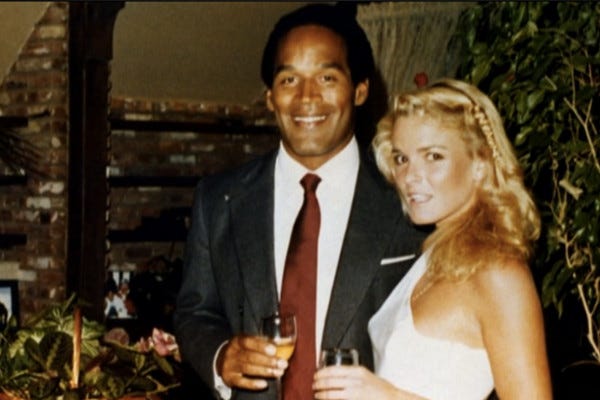
Two tremendous documentaries focusing on race and American culture are tied for the next two spots. “OJ” is a monolithic look at the tragic tale of OJ Simpson from his days as a football hero, through his tumultuous marriage to Nicole Brown, its end and her murder and the resulting Trial of the Century and his eventual imprisonment on unrelated burglary charges. A rich portrait of American society that is a searing indictment not just of Simpson, but all of society.

“13th”is a solid companion to “OJ,”a film that does something I’ve implored documentaries to do for years: stop preaching to the choir. Identifying the 13th amendment (which abolishes slavery) as a moment of cultural shift in America, it shows how defeated slaveowners were forced to use other means to keep African Americans subservient, from lynchings to adjusting the legal system to target them unfairly through measures like Florida’s “Stand Your Ground” law. It’s a damning portrait of American leadership that presents overwhelming evidence in clear, plain English. It’s the kind of film that can change minds and affect thinking if the right people see it.
Captain America: Civil War

We saw mirror-image superhero films this year, and only one makes my best-of list. Marvel has consistently gotten their superhero films right, and none moreso than “Civil War.” Integrating one of the splashiest comics events of the past 20 years or so into the MCU is done in just the proper cinematic scale, but turns it into an emotional quasi-love triangle between Steve Rogers, Tony Stark, and Bucky Barnes. With dizzying action sequences, the perfect mish-mash of additional heroes, and the best damn Spider-Man EVER seen on screen, this is what blockbusters are supposed to be. Compare to DC’s dour “Batman v Superman: Dawn of Justice,” and you’ll see why the MCU rules.
Christine
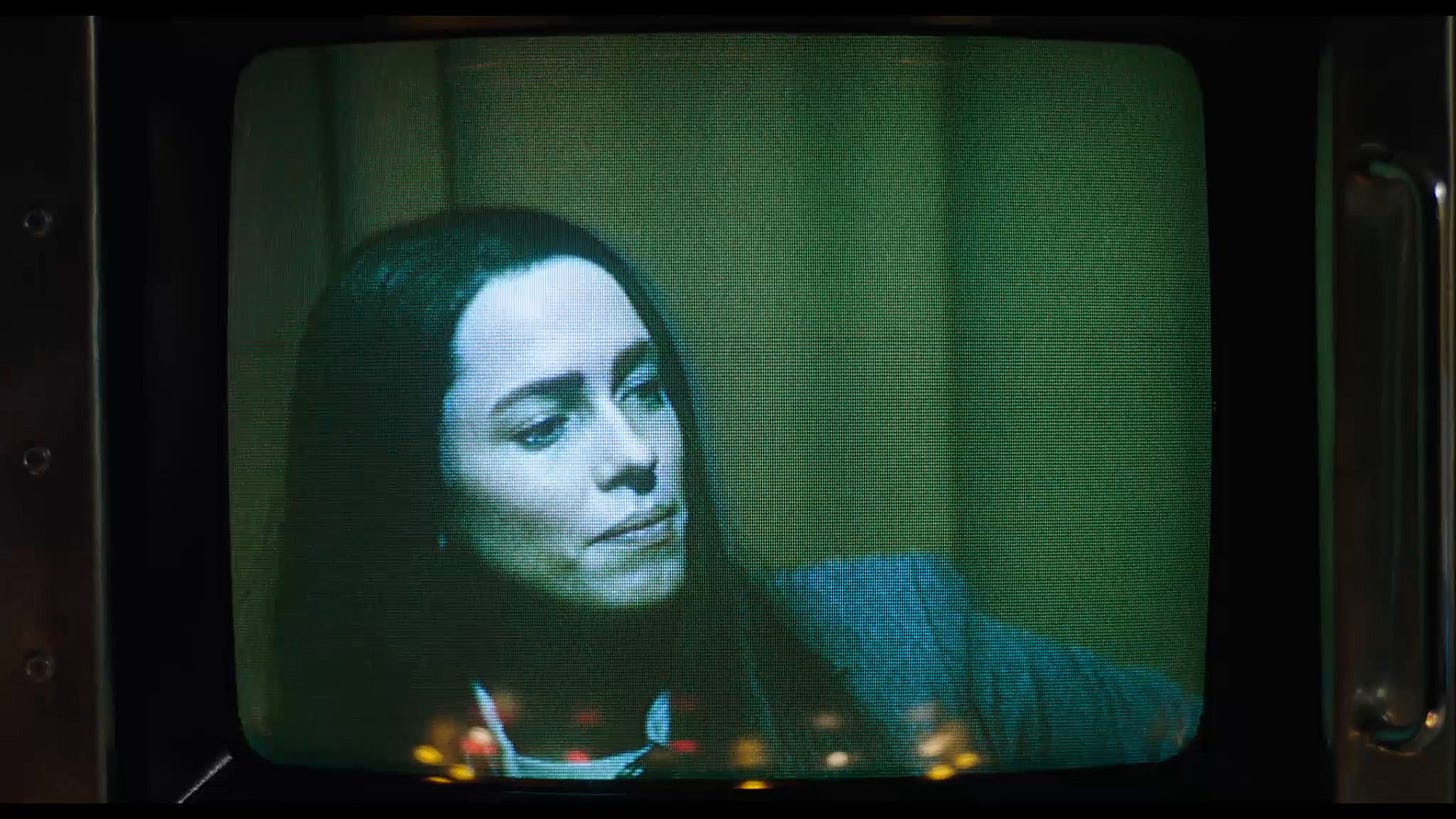
A slow burn look at the events leading up to one of the most shocking events in the history of television news, “Christine” is buoyed by Rebecca Hall’s performance as newswoman Christine Chubbuck, a news reporter struggling through depression and workplace obstacles as she tries to carve out a niche in the news world. It’s a subtle, maddening film that imbues the viewer with the same sense of malaise that its protagonist experiences, a slow, creeping descent into taking drastic action. Hall gives one of the best performances of the year.
Elle

When the head of a video game company (Isabelle Huppert) is savagely attacked and raped in her home, it sets off an obsessive back-and-forth between her and her tormentor. But this isn’t your usual revenge fantasy: director Paul Verhoeven, who has directed fare as diverse and “RoboCop,” “Starship Troopers,” and “Showgirls,” crafts a darkly comic look at the life of rich assholes who take turns tormenting each other. Elle is utterly engrossing, a complex film about a complicated people who enjoy hurting others almost as much as they love hurting themselves.
Hell or High Water
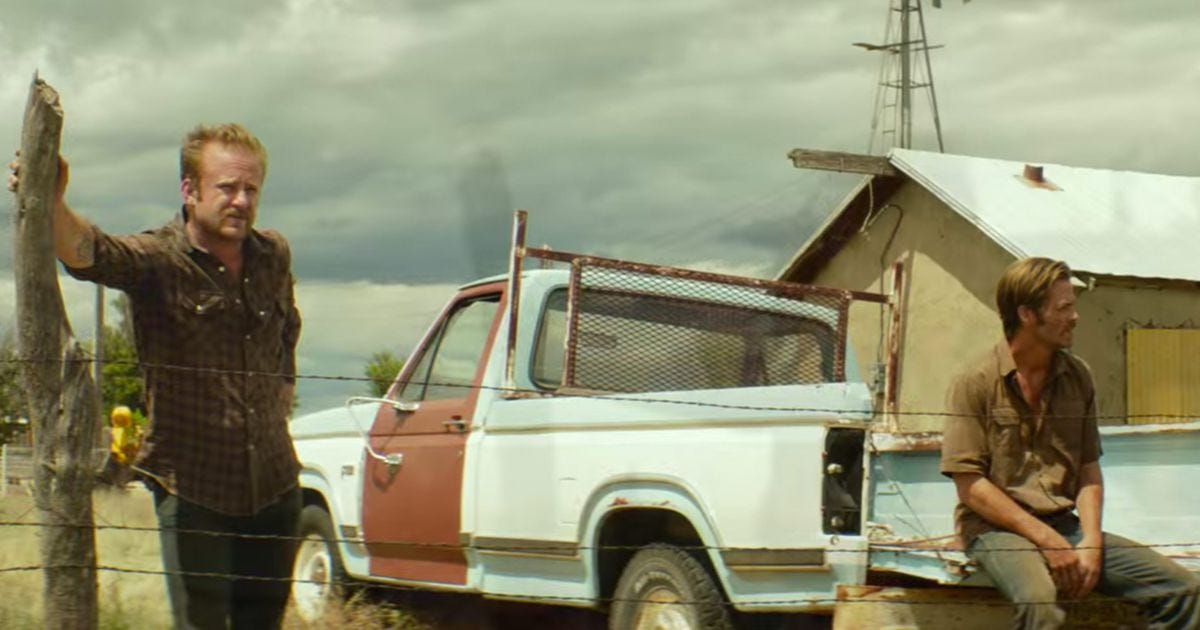
A hard-scrabble cops-and-robbers tale, “Hell or High Water” is a bandit tale done extraordinarily well. Chris Pine and Ben Foster play bank-robbing brothers on a crime spree, while Jeff Bridges plays the worn-down detective closing in on them.
Captain Fantastic
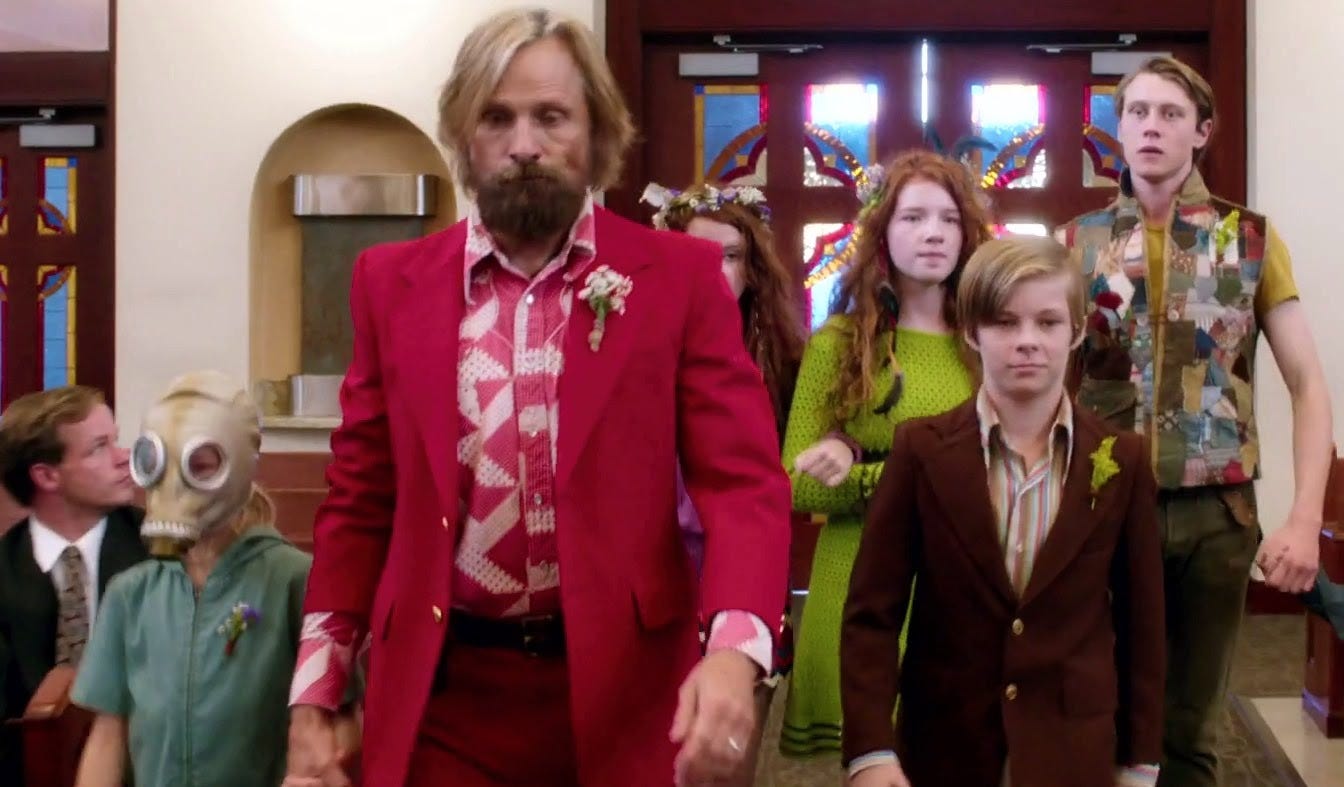
Viggo Mortensen plays the father to a gang of scrappy kids attempting to live off the grid, and apparently doing a great job of it. When they are forced to venture back into society, their neuroses and reasons for isolating themselves becomes clearer, and they are forced to confront what they’re running from.
Fences

Adapted from August Wilson’s play, “Fences” features some of the splashiest performances of the year, notably from Denzel Washington and Viola Davis. Washington (who also directs) plays Troy Maxon, a former ballplayer in the 1950s ekeing out a living as a trash collector, while Davis puts his eternally put-upon wife Rose. Dealing with an older son who refuses to get a job, a younger one who has dreams of sports stardom, and a brother dealing with issues from the war, Troy is hanging on by the fingernails, but still has time to sit around sipping booze and spinning yarns with his buddies. An outstanding film that deals with race, but is about much more.
Morris From America

Coming-of-age stories are hardly a new thing in cinema, but few find a setup as interesting as “Morris.” 13-year-old Morris Gentry (Markees Christmas) and his dad Curtis (Craig Robinson) are two black men living in Germany, where the population tends to be much lighter and blonder than they. Christmas carries the film, working with a pretty girl he has befriended (Lina Keller) and working through cultural differences while struggling to learn the language. Full of heart and a great sense of humor, “Morris” is a heck of a lot of fun and says a little something about life and adolescence as well.
Krisha

Made on a modest budget by Trey Edward Shults, who directed his script using largely members of his own family, “Krisha” tells the tale of a flighty mother (Krisha Fairchild), who returns for Thanksgiving dinner after a decade away from her family. Krisha is one of the great characters of recent memory, a creature who is both pitiable and loathesome. We know she both wants to be around her family and is petrified at the thought of it. By the time the bottle comes out we know something bad is going to happen, and what it does is the worst nightmare scenario of any of our family get-togethers.
La La Land

Both a big-time Hollywood musical and a small love letter, “La La Land” showcases the magic of movies and of love, and the artifice behind both. Ryan Gosling and Emma Stone are magical together, and Damien Chazelle (“Whiplash”) uses jazz and the conventions of musicals as a stand-in for the stages of a relationship. Early on, it’s big, boisterous song-and-dance numbers as the whirlwind of romance begins. Later, as the duo settle into their relationship, the singing stops and reality sets in.
Sausage Party

One of the best ruminations on religion this year, “Sausage Party” hides behind silly animation and a story about supermarket hot dogs and buns looking to get together to go to the promised land. Of course, it’s not hard to see the parallels between sex and religion there, but Seth Rogen, Evan Goldberg, and company make their statement with as much style as anyone in any film this year. With a villain who is a literal douche, and heroes whose goal ostensibly is to have sex with each other, you have the makings of the funniest movie of the year. If your jaw doesn’t drop at least three times in the movie’s last 30 minutes, you might not have a pulse.
Sing Street

John Carney is quickly making a career out of musicians finding love and fulfillment through their art. “Once” and “Begin Again” are two tremendous works on that topic, and “Sing Street” continues the trend in similar fashion. The premise is a complete cliché, even for the movies: a boy (Ferdia Walsh-Peelo) looks to impress a girl (Kelly Thornton) by creating a band. It’s a simple set-up with flawless execution, and the result is another magical love story.
Manchester by the Sea

A movie of tremendous grief, “Manchester” sees a man (Casey Affleck) charged with caring for his nephew after the death of his brother. Doing so forces him to face his own past demons as he struggles to move on after his own tragedies. “Manchester” is anchored by a strong performance from Affleck, who doesn’t get as much press as his brother but has put in some seriously strong efforts in recent years. This one might just get him an Oscar.
Moonlight

The best film of the year isn’t about being black or about being gay, although the protagonist is both of those. It’s about confronting your past and moving into the future and being content with who you are, and with finding connections with others. Young Chiron (played by Alex Hibbert, Ashton Sanders, and Trevante Rhodes at different points of his life), is a slight kid with a mother who descends into drug abuse. He takes up with a drug dealer named Juan (Mahershala Ali, who is looking at awards for his performance) who plays father figure to him. As a teen he begins finding himself, even as he continues to be bullied at school and neglected at home. Ultimately it’s a film about acceptance and forgiveness, which we learn early on when Chiron asks Juan what the word “faggot” means. Later, he suffers a betrayal that changes his life. “Moonlight” is a subtle, powerful film where many of the central conflicts are happening from within, making the performances all the more important, and ultimately powerful. Barry Jenkins creates a cerebral look at growing up in the ghetto that avoids the usual lessons of falling into gangs. Instead, he focuses on small relationships, both healthy and toxic, and examines how they shape who we are, and who we become.

